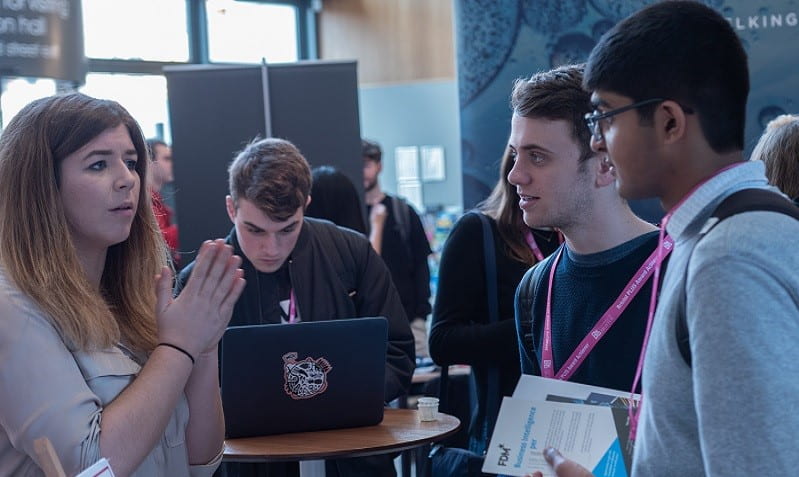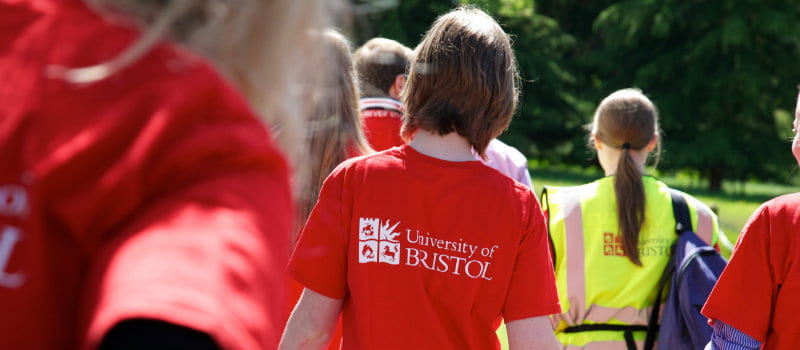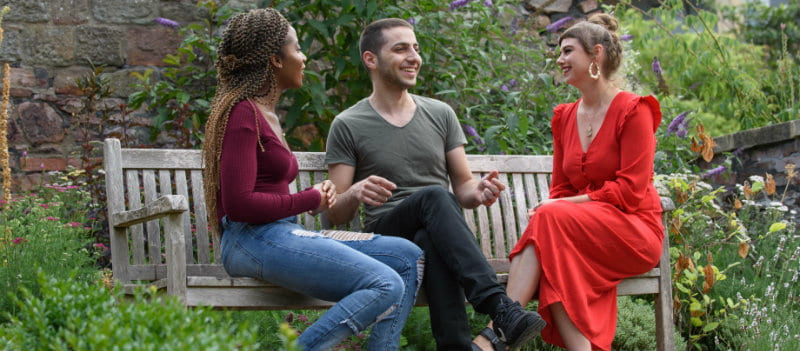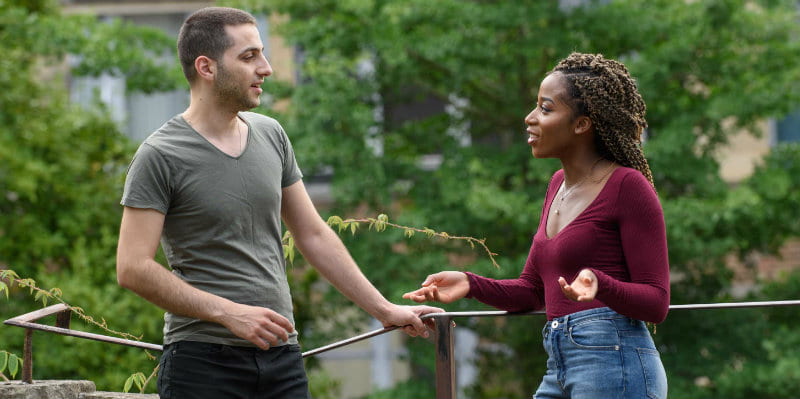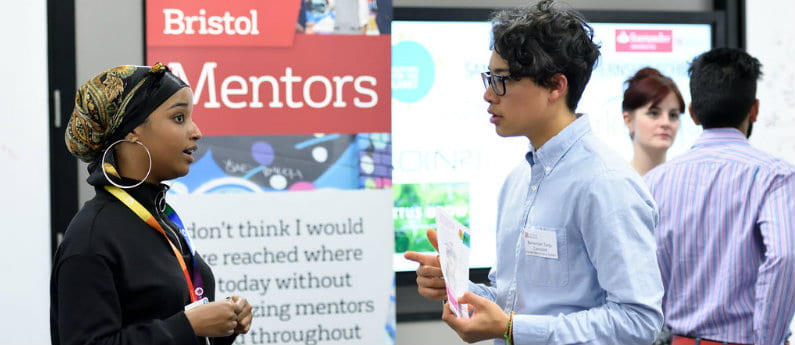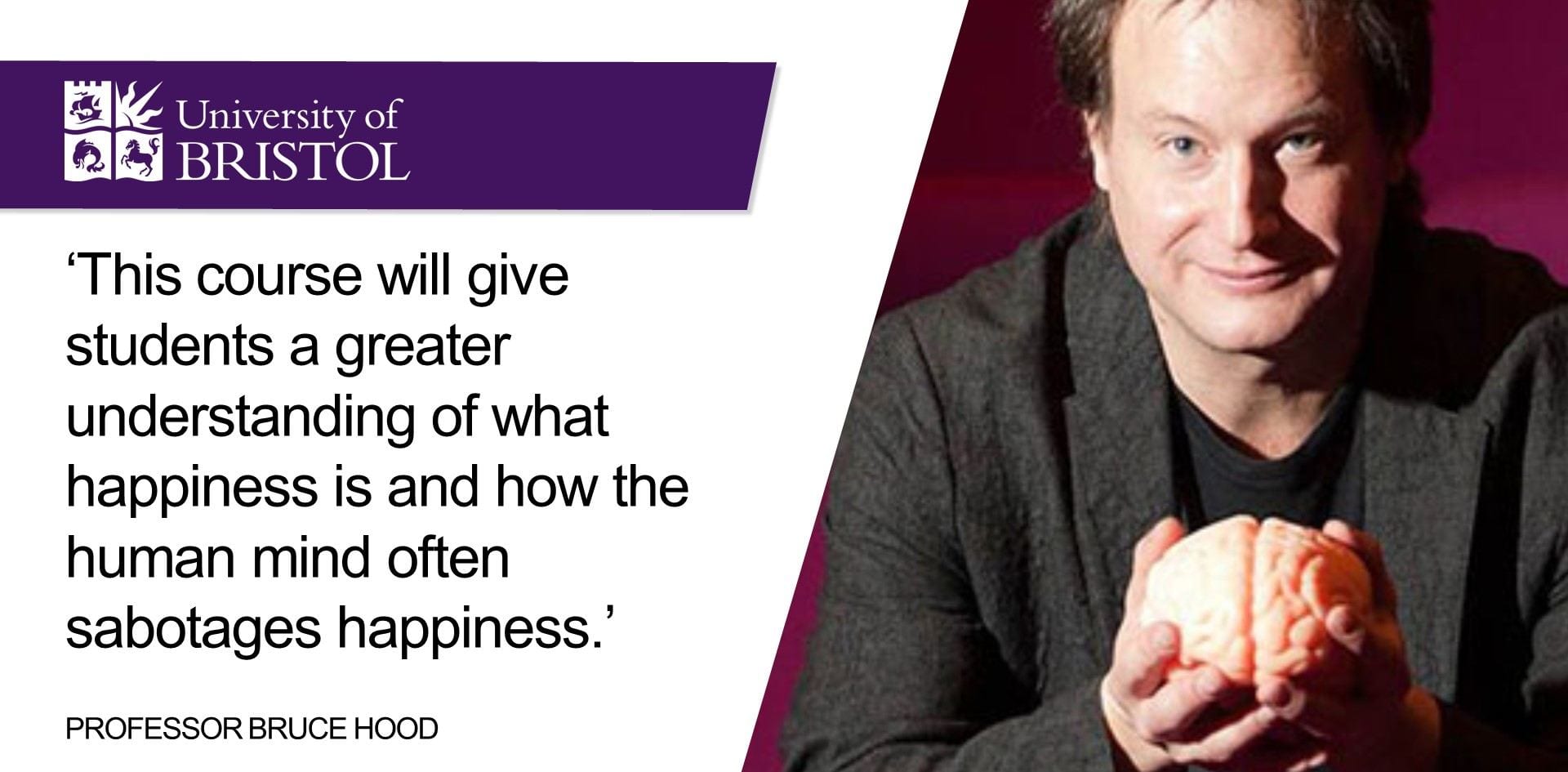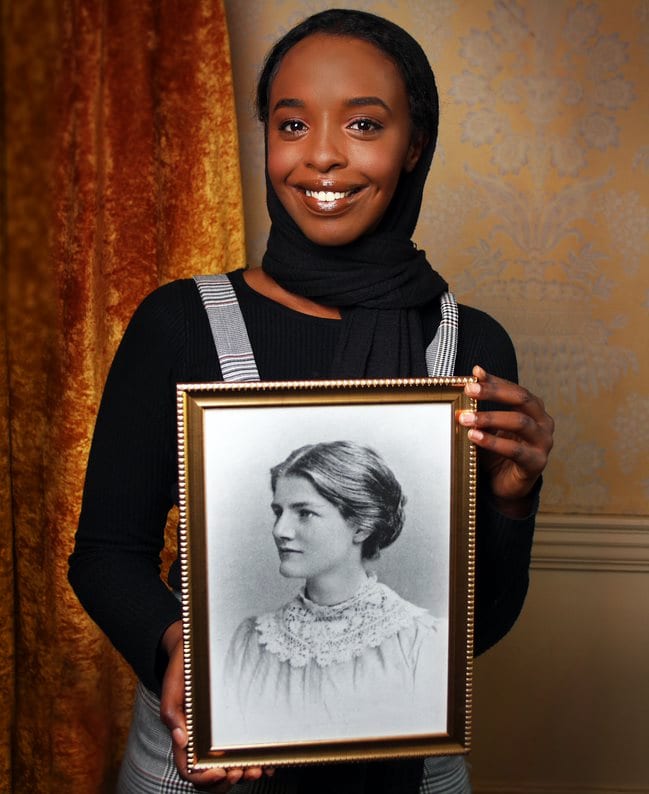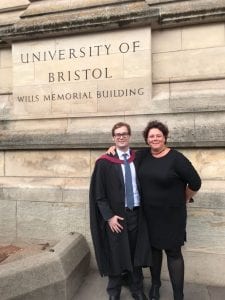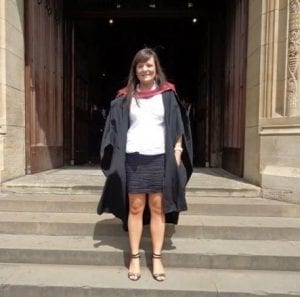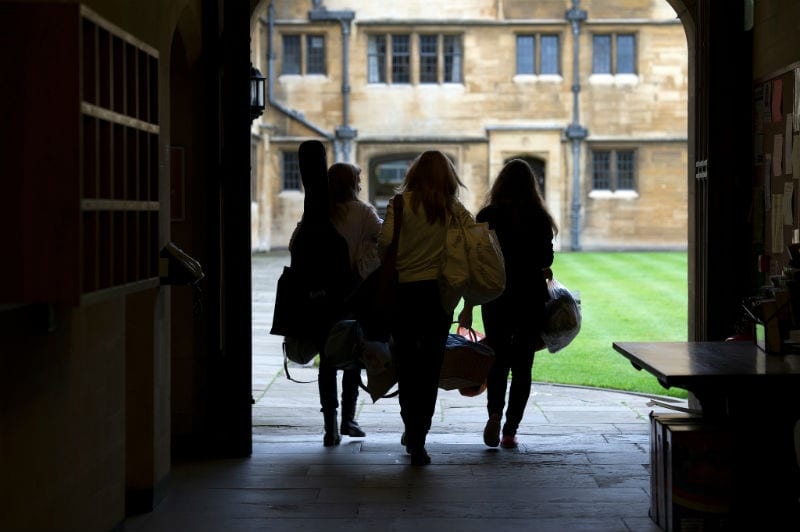
Hester Careless, Third Year Politics and Economics Student and Chair of the Wellbeing Network at Bristol Students’ Union, gives her view on the current upsurge in mental health issues amongst university students and young people in general.
Many of you will be aware of the publicity surrounding the upsurge in mental health issues for young people – and especially for university students – including those studying at Bristol. A comprehensive answer to questions such as why students are struggling and what can be done about it is complex and beyond the scope of this short article. However, I hope that by providing my own thoughts on these issues, I can help to promote a wider understanding of the problem.
The nature of higher education has fundamentally changed in recent years. Students now face debts before they even start their working lives and the job market is increasingly competitive. Equally, the university-student relationship has undergone great change, with increased numbers of young people attending university. As in the wider economy, financial constraints affect university support services which now need to grow to match this growth in student numbers. When you are within a university of tens of thousands of students, it can be overwhelming even for the most self-confident of us. Alongside many other factors these issues are having serious implications for students’ mental health.
However, it’s crucial to consider the broader societal environment within which students are living today to fully understand the poor state of our youth’s mental health. Within the schooling system there is an ever-tighter focus on the curriculum and exams and it is increasingly difficult for students to develop core life skills and their own unique talents. Indeed, evidence suggests that many mental health problems emerge in late childhood and early adolescence, well before young people enter higher education.
Alongside this, a culture of perfectionism now pervades every aspect of young people’s lives. With a growing emphasis on examinations and grades, young people can feel reduced to a number, while the incessant pressure of maintaining a perfect social media persona online creates unachievable ideals within young people’s social lives too.

Loneliness and isolation are also affecting more young people which can both exacerbate and create mental health difficulties. Technology and our convenience culture play a huge role in this. For example, at university you can use the internet to watch lectures, order food, and contact people, all without ever needing to leave your room. In addition, the social media façade in which everyone is constantly happy and having fun (except you) heightens feelings of loneliness and exclusion – as reflected by the recently coined acronym FOMO (Fear of Missing Out).
Clarity about what mental health encompasses is crucial in order to have the right conversations and ensure that useful support is available. To me, mental health applies to everyone and represents your ability to manage the ups and downs of everyday life. This doesn’t mean you won’t experience sadness, anger or boredom. On the contrary, allowing yourself to experience the full range of emotions rather than striving for a continuous state of happiness and perfection is intrinsic to positive mental health. Integrating healthy patterns into your daily life, such as talking openly to those around you and making time for activities you love, as well as noticing when you start falling into unhelpful habits, for example isolating yourself or turning to alcohol or drugs, are also crucial. However, sometimes a person’s mental health can reach such a low point that they would benefit from specialist help such as counselling or medical support. A key issue is knowing when to use your own insights, skills and support system of family and friends, and when, where and how to seek specialist help.
Despite growing awareness and understanding of mental health, there is still significant stigma attached to mental health problems. Students admitting their struggles within social or family settings are often confronted with shame, embarrassment or simply ignorance. Students may also fear that admitting difficulties or seeking help will affect their academic record and job prospects.

Lack of diversity within support services can also constitute a barrier in accessing support, both regarding the demographics of employed professionals and types of support provided. International, BME, LGBT+ and male students can be neglected within counselling and advisory services to the detriment of their mental health. New support services introduced this academic year at Bristol have taken diversity concerns into consideration as part of their recruitment process. This is an important factor in enabling all students to feel comfortable seeking help, regardless of their ethnicity, sexual orientation or gender.
Alongside the final year of my degree I also work part-time as the voluntary student leader of the Wellbeing Network at Bristol Students’ Union. In this role I strive to ensure that students’ voices are heard and represented, work alongside and influence University services and policy-makers, raise awareness of mental health and wellbeing and, importantly, help students understand what support is available for them. The Students’ Union is also committed to putting student wellbeing at the heart of everything it does, with every one of its 6 Full-Time-Officers stating that this is one of their key priorities over the year.

Throughout the 2018-19 academic year the Wellbeing Network will be organising campaigns including Mind Your Head, holding regular feedback forums and hosting a range of other events to help improve the student experience here in Bristol. One of my main aims over the year is to diversify conversations around mental health by working closely with our five liberation Networks to produce a series of panel events. I hope to continue building up a sense of community in which students feel empowered to meet new people, make strong friendships and connect with the wider student body.
Other fantastic work being done by Bristol-based student groups include The Black Dog Project where students lead mental health workshops in secondary school, Bristol Nightline, and Bristol is Global which organises an annual University-wide competition, last year themed on student mental wellbeing and won by the group All Abroad which aims to keep students connected while overseas.
Radical changes to the University’s support structure are also taking place this year – including a new Student Wellbeing Service and Residential Life Model. It is the SU and Wellbeing Network’s responsibility to help ensure that students’ feedback is an integral part of how these systems adapt and improve.
While Bristol University and the Students’ Union are taking measures to address these ongoing problems, let’s not forget that this is a bigger, societal issue. As individuals we can each play an active role in working towards a healthier and more supportive society, and help ensure that anyone struggling with mental health problems has someone to talk with and can get the help that they need.
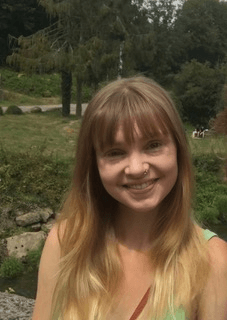
Hester Careless, Third Year Politics and Economics Student. Alongside the final year of her degree Hester also works part-time as the voluntary student leader of the Wellbeing Network at Bristol Students’ Union. T
his role works to ensure that students’ voices are heard and represented, works alongside and influences University services and policy-makers, raises awareness of mental health and wellbeing and helps students understand what support is available for them.
Further reading:

